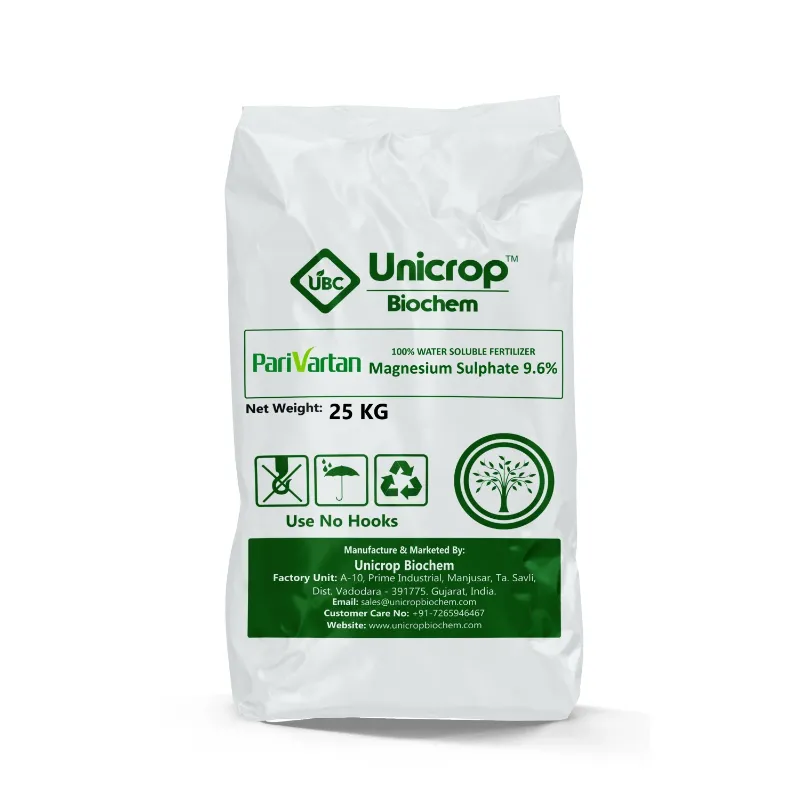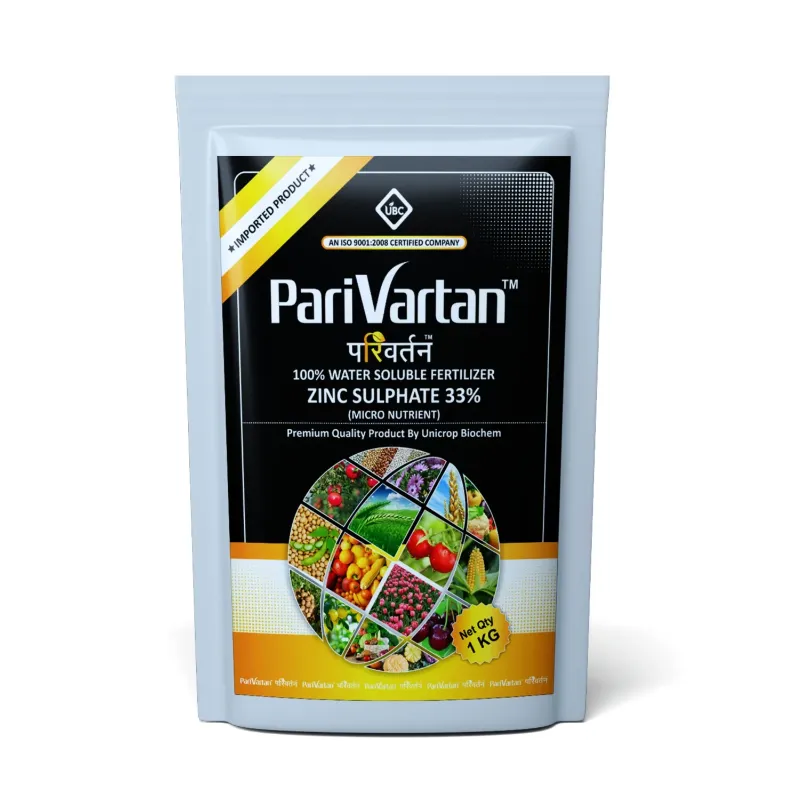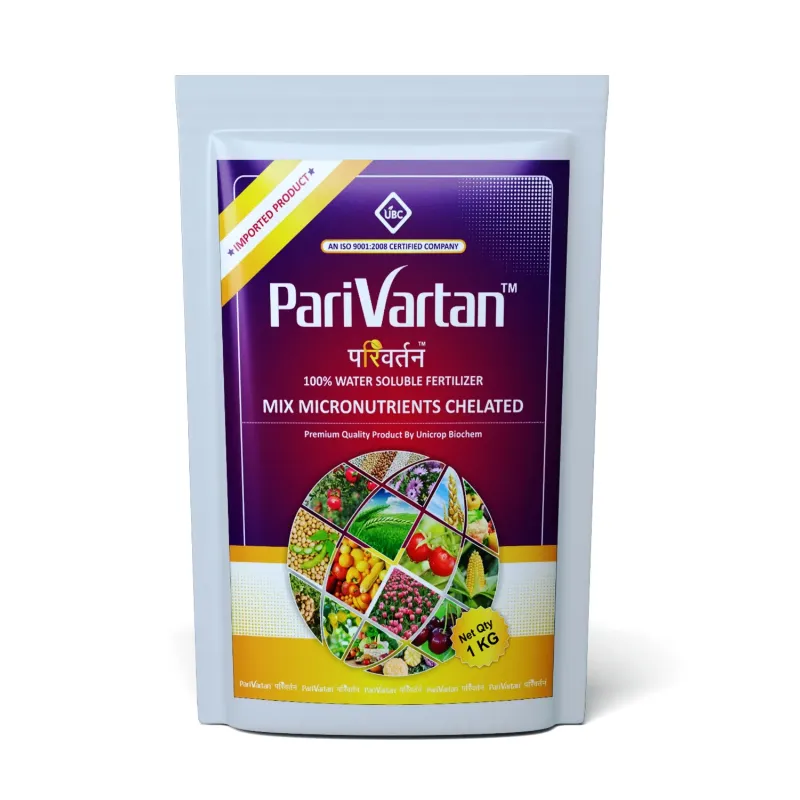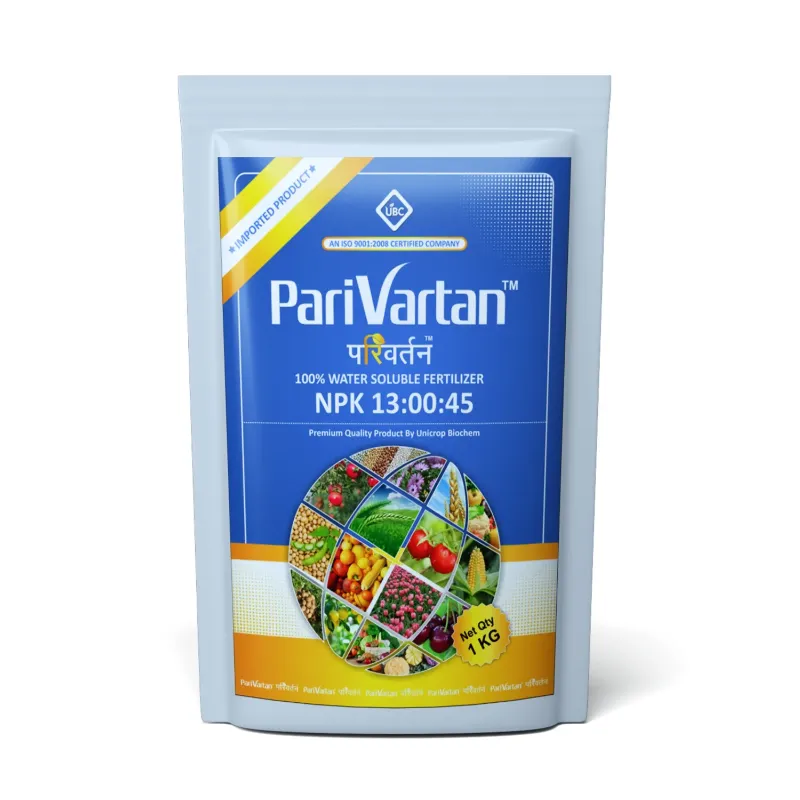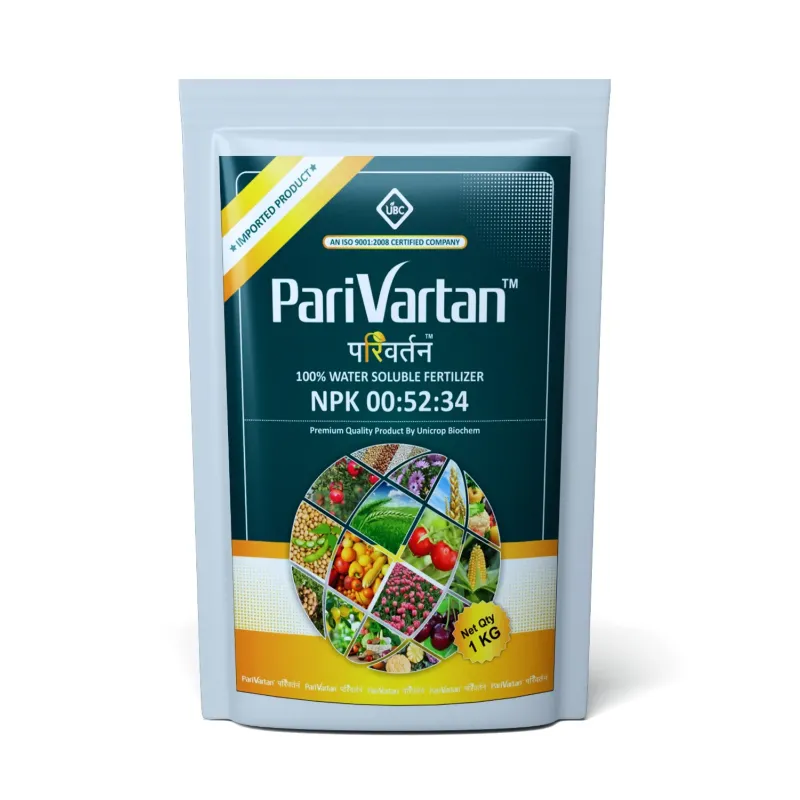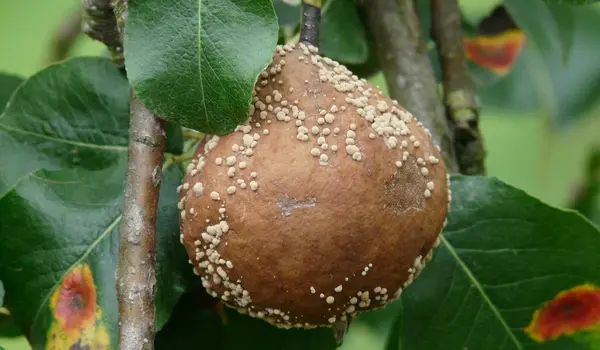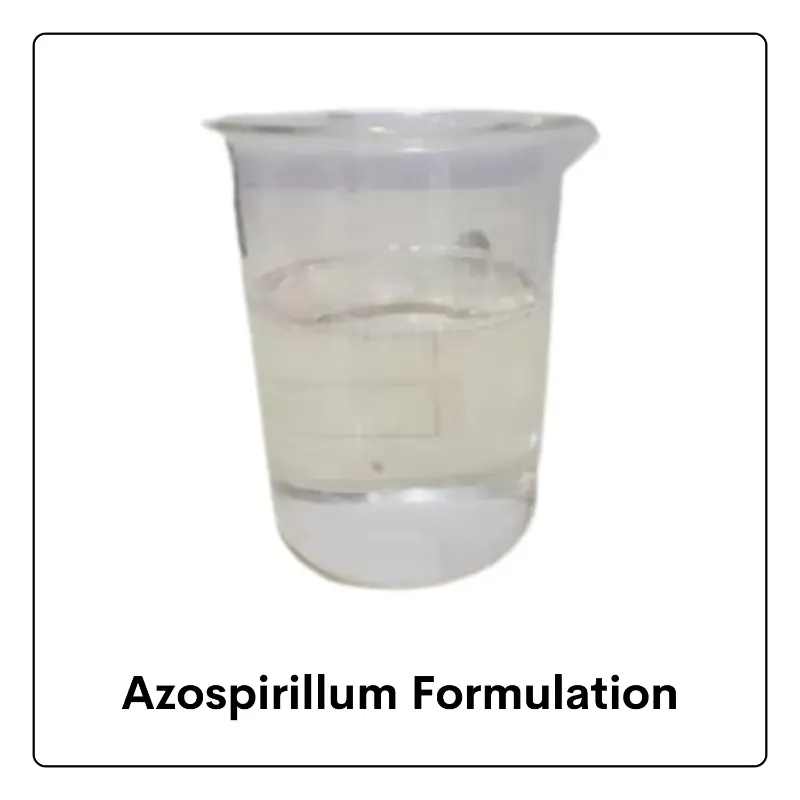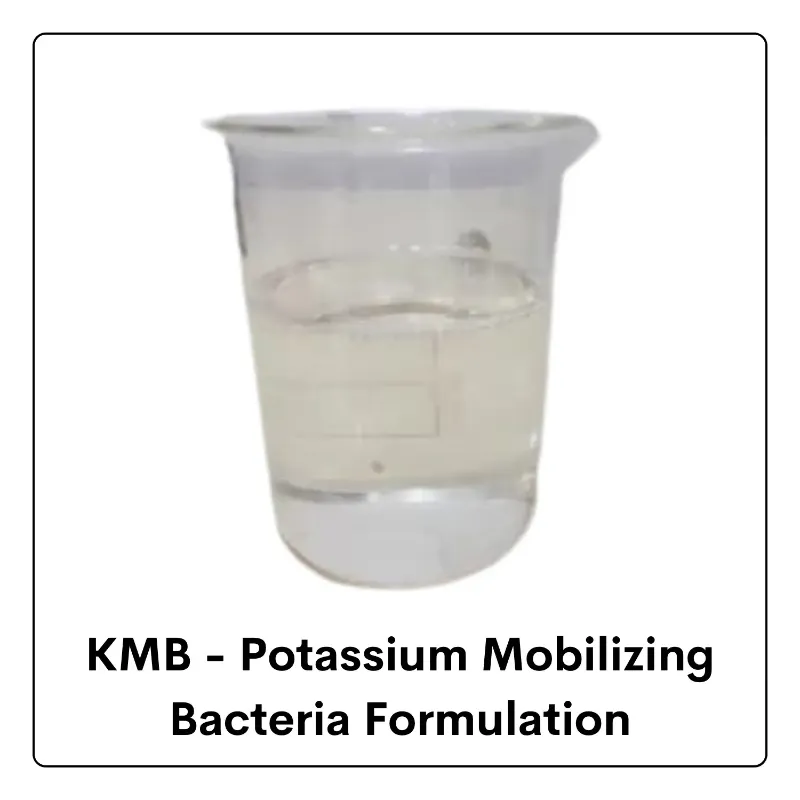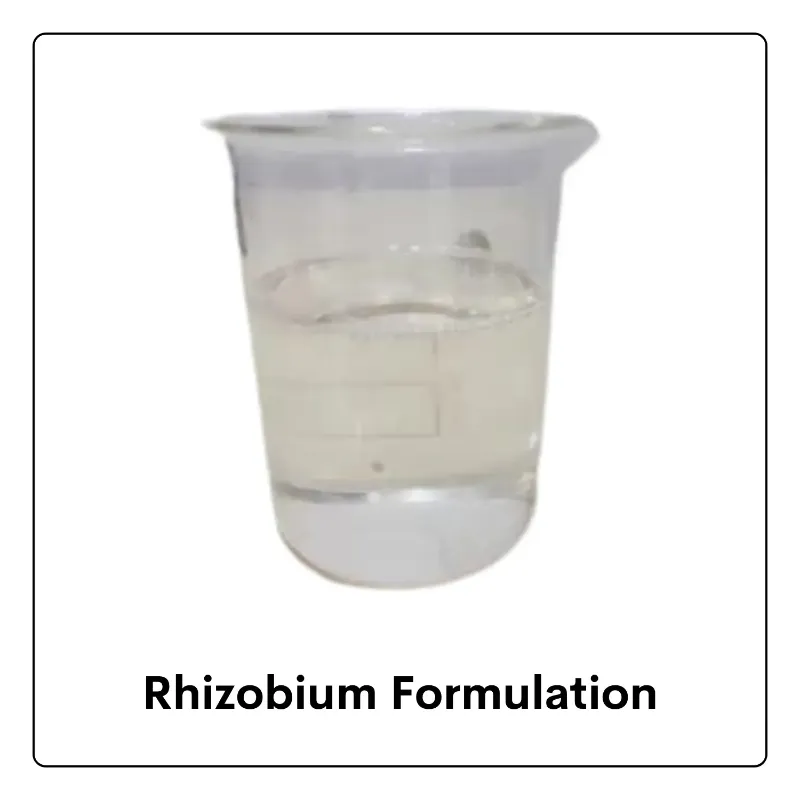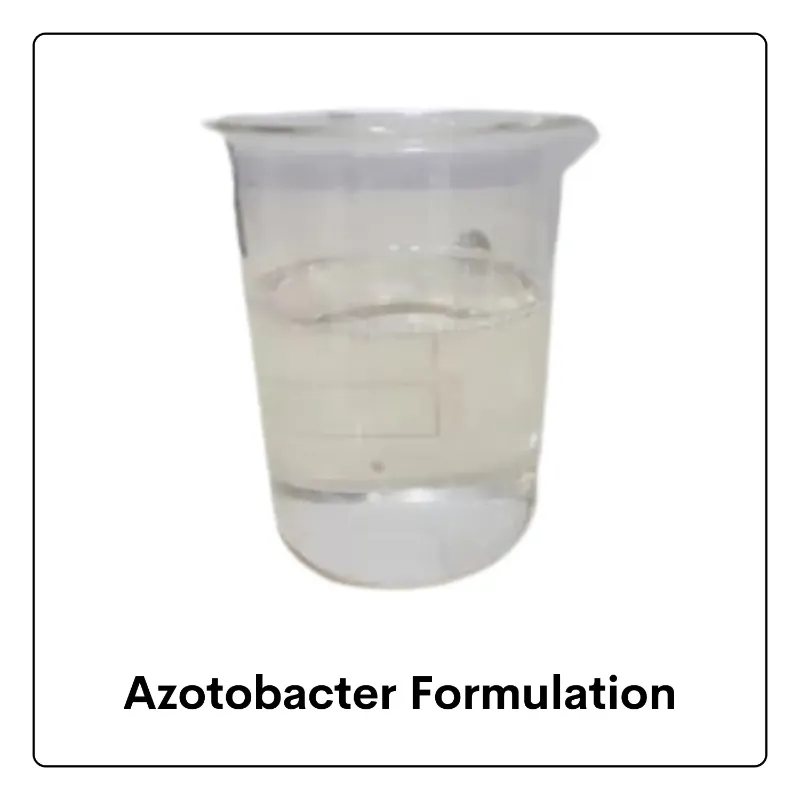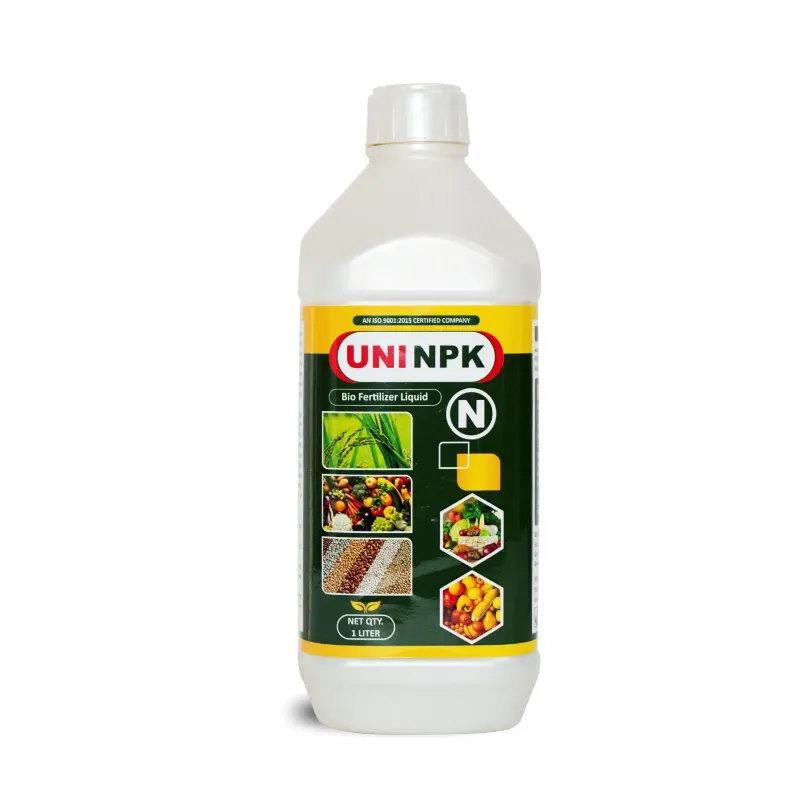Fungal infections in plants are a significant threat to agriculture, leading to reduced crop yields, compromised plant health, and economic losses for farmers. Managing these infections requires a comprehensive approach that includes early detection, cultural practices, biological controls, and, when necessary, chemical interventions. In this blog, we’ll explore the various methods to effectively manage fungal infections in plants and how products from Unicrop Biochem can support these efforts.
Understanding Fungal Infections in Plants
Fungi are microscopic organisms that thrive in moist and warm environments. They can infect all parts of a plant, including leaves, stems, roots, and fruits. Common fungal diseases include powdery mildew, downy mildew, rusts, blights, and root rots. These infections can cause symptoms such as leaf spots, wilting, discoloration, and overall stunted growth.
The Importance of Early Detection
Early detection of fungal infections is crucial for effective management. Regular monitoring of plants for symptoms like spots, discoloration, and unusual growth patterns can help in identifying infections at an early stage. The earlier the infection is detected, the easier it is to control and prevent it from spreading to other plants.
Cultural Practices for Managing Fungal Infections
Cultural practices are the first line of defense against fungal infections. Implementing good agricultural practices can significantly reduce the risk of fungal diseases.
1. Crop Rotation
- Rotating crops helps break the life cycle of soil-borne fungi by depriving them of their preferred host plants. This practice reduces the buildup of fungal spores in the soil.
2. Proper Spacing
- Adequate spacing between plants ensures good air circulation, reducing humidity levels around the plants. Lower humidity levels make it difficult for fungi to thrive.
3. Watering Practices
- Watering plants at the base rather than from above minimizes moisture on leaves, which can be a breeding ground for fungi. Watering early in the day also allows the plants to dry out before nightfall.
4. Sanitation
- Removing and disposing of infected plant material can prevent the spread of fungal spores. Keeping the growing area clean and free of debris also helps in reducing the risk of infection.
Biological Controls for Fungal Infections
Biological controls involve using natural enemies of the fungi to manage infections. Beneficial microorganisms, such as certain bacteria and fungi, can inhibit the growth of harmful fungi.
1. Beneficial Fungi
- Some fungi, like Trichoderma species, can outcompete pathogenic fungi for space and nutrients, effectively suppressing their growth.
2. Mycorrhizal Fungi
- Mycorrhizal fungi form symbiotic relationships with plant roots, enhancing nutrient uptake and improving the plant’s resistance to fungal infections.
3. Beneficial Bacteria
- Certain bacteria, such as Bacillus subtilis, produce substances that are toxic to fungal pathogens or stimulate the plant’s natural defense mechanisms.
Chemical Controls for Fungal Infections
When cultural and biological controls are not sufficient to manage fungal infections, chemical fungicides may be necessary. However, their use should be carefully managed to avoid resistance development and environmental harm.
1. Systemic Fungicides
Systemic fungicides are absorbed by the plant and can provide long-lasting protection against fungal infections. They are particularly useful for treating root and vascular diseases.
2. Contact Fungicides
Contact fungicides remain on the surface of the plant and are effective against fungal spores that come into direct contact with them. These are often used as preventive treatments.
3. Fungicide Rotation
Rotating fungicides with different modes of action helps prevent the development of resistant fungal strains. It’s essential to follow the recommended application rates and intervals.
Integrated Pest Management (IPM) for Fungal Control
Integrated Pest Management (IPM) combines cultural, biological, and chemical controls into a cohesive strategy for managing fungal infections. IPM focuses on long-term prevention and minimal use of chemicals to reduce environmental impact.
1. Monitoring and ThresholdsRegular monitoring helps in identifying the onset of fungal infections. Action thresholds, or the point at which intervention is necessary, should be established based on the severity of the infection.
How Unicrop Biochem Products Help in Managing Fungal Infections2. Prevention and Early ActionPreventive measures, such as applying biological controls or fungicides before symptoms appear, can help in managing potential infections.3. Record KeepingMaintaining records of disease occurrence, treatment methods, and outcomes can help in refining management strategies over time.
Unicrop Biochem offers a range of products that can play a critical role in managing fungal infections in plants. Their products are designed to enhance plant health, boost immunity, and provide effective control against a wide range of fungal pathogens.
1. Biological Fungicides
Unicrop Biochem’s biological fungicides contain beneficial microbes that naturally suppress fungal pathogens, reducing the need for chemical interventions.
2. Soil Health Enhancers
Products that improve soil health, such as organic fertilizers and soil conditioners, can enhance the plant’s natural defenses against fungal infections.
3. Fungicide Solutions
For severe fungal infections, Unicrop Biochem offers a range of fungicides that are effective against a variety of fungal pathogens while being safe for the environment when used as directed.
Conclusion
Managing fungal infections in plants requires a multifaceted approach that includes early detection, cultural practices, biological controls, and, when necessary, chemical interventions. By integrating these methods into a comprehensive management strategy, farmers can effectively control fungal infections and protect their crops from significant damage.
Unicrop Biochem’s products provide valuable tools in this effort, helping to maintain plant health and productivity. Whether through biological fungicides, soil health enhancers, or targeted chemical treatments, Unicrop Biochem supports farmers in their quest to manage fungal infections and achieve successful harvests.
